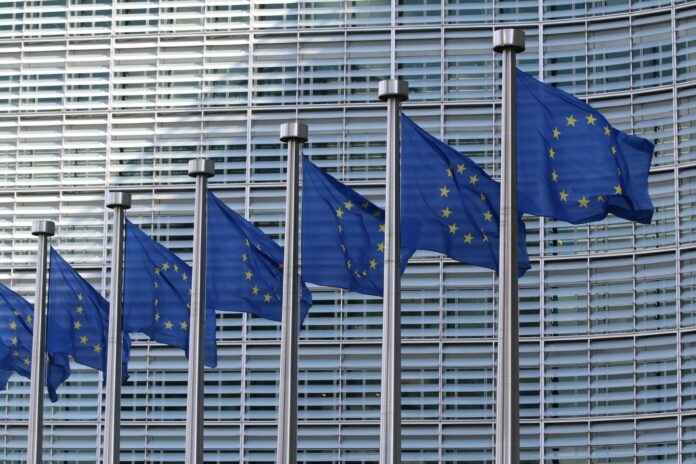The visa application process is a crucial step for individuals seeking to travel or study abroad. However, some European embassies in Pakistan have been tainted by allegations of involvement in scams. These scams involve the sale of appointment slots to third parties, creating barriers for ordinary citizens and undermining the integrity of the visa process. This article sheds light on the issue, explores the need for reform, and suggests measures to promote transparency and equality in visa procedures.
- Scams and Barriers:
Reports of European embassies in Pakistan selling appointment slots to third parties have raised concerns among citizens. This practice creates a significant barrier for ordinary individuals who are unable to secure appointments through legitimate means. Such scams reinforce a perception of favoritism and erode public trust in the visa application process. - Corrupt Connections and Misuse of Authority:
The involvement of embassy staff in these scams suggests a breach of trust and misuse of authority. Connections with outsiders who profit from the sale of appointment slots raise questions about the ethical conduct of embassy personnel. These practices tarnish the reputation of European embassies and compromise the integrity of their operations. - The Need for Reform:
To address these issues, European embassies in Pakistan must prioritize transparency, fairness, and equal treatment for all visa applicants. The current system, susceptible to abuse and manipulation, requires comprehensive reforms to ensure that the process is free from corruption and favoritism. - Online Appointment Systems: Pros and Cons:
Implementing an online appointment system is often seen as a potential solution to streamline the visa application process. While online systems can offer convenience and transparency, they are not foolproof. Third-party agents can still exploit the system by booking appointments on behalf of individuals and selling them at inflated prices. Therefore, solely relying on an online appointment system may not completely eliminate the scams. - Ensuring Personal Appearance and Data Accuracy:
One effective solution could be to mandate that only the applicant, without the involvement of intermediaries or third parties, can appear at the embassy for appointments. This approach would help minimize the misuse of appointments and ensure that individuals are accountable for their own visa applications. Additionally, embassies should implement stringent data verification processes to prevent any manipulation or misrepresentation of applicant information. - Transparent Policies and Equal Treatment:
European embassies should establish clear and transparent policies that apply to all citizens, irrespective of their social status. By eliminating loopholes and backdoors, embassies can create a level playing field, ensuring that every applicant has an equal opportunity to obtain a visa. This approach will restore public trust and reinforce the notion of fairness in the visa application process.
The involvement of European embassies in scams related to visa appointments in Pakistan highlights the urgent need for reform. Transparency, equal treatment, and accountability are vital to restore public trust in the visa application process. By implementing measures such as personal appearance requirements, data accuracy checks, and transparent policies, European embassies can address these issues and ensure a fair and accessible visa system for all individuals, regardless of their social status.

